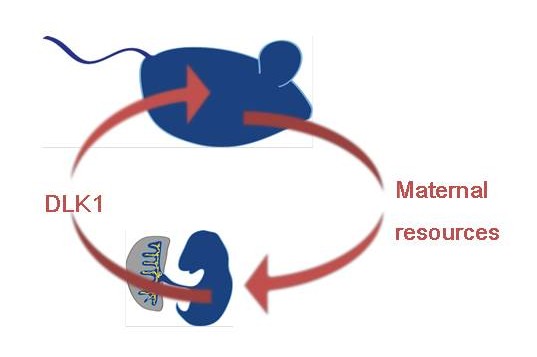Regulation of metabolism by imprinted genes
Marika Charalambous
Barts and The London School of Medicine and Dentistry, William Harvey Research Institute, Centre for Endocrinology, Queen Mary University of London, London, UK
Imprinted genes are an unusual group of around 100 transcripts whose expression depends upon their parental origin. This epigenetically regulated class of genes are historically known for their actions in developmental growth pathways, but it is increasing clear that their misregulation – in both humans and in animal models – has consequences for lifetime metabolic health. It is currently unclear why imprinted gene disruption causes metabolic disease in adulthood. One possibility is that imprinted genes act in developmental pathways to define the future body plan and mediate set points of central energy homeostasis. Another explanation is that the products are continuously required in metabolic tissues to maintain their functions. Using the example of imprinted genes on mouse chromosome 12 (the human Temple Syndrome/Kagami-Ogata Syndrome critical region), I will show how imprinted gene products are required both during development and continuously in adult life to maintain healthy adipose stores. Moreover, correct dosage of one gene in this cluster, Dlk1, is necessary to maintain energy reserves in times of high metabolic demand – weaning and pregnancy.









You must be logged in to post a comment.